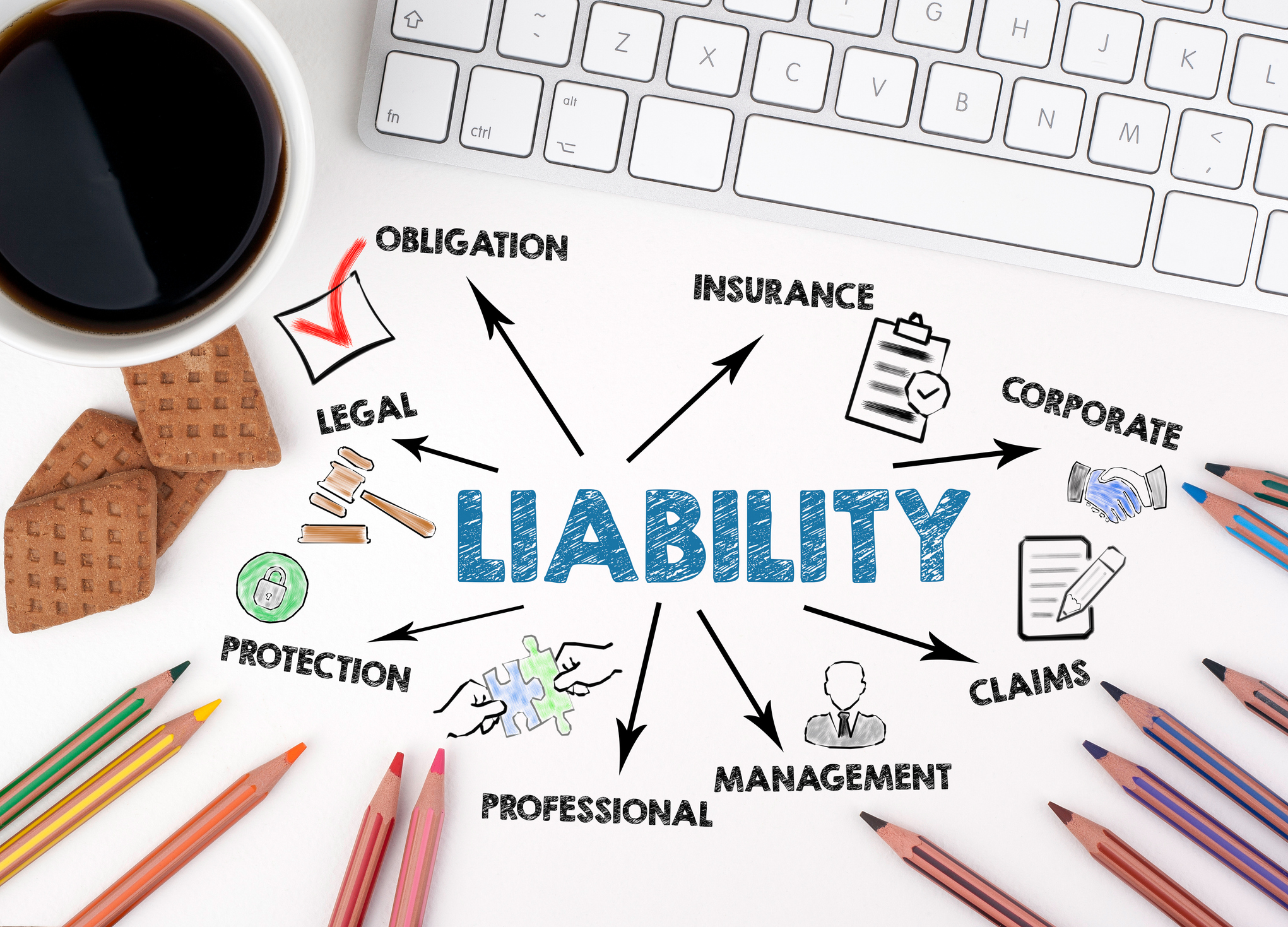November/December 2017
Legal Beat
Threatening Defamation, Free Speech at Work
BY ARTHUR SCHWARTZ, DEPUTY EXECUTIVE DIRECTOR AND GENERAL COUNSEL

Question: I am a professional engineer in Massachusetts who recently provided professional engineering services to a client. Following a review of the client’s facilities, I provided the client my report, in which I recommended several upgrades to the client’s facility because some of the equipment in the facility presented safety risks to both employees and the public. The client essentially ignored my recommendations. Thereafter, I advised the client to seek a second opinion, but assuming the second professional engineer agreed with my recommendations, if the client failed to take appropriate action, based on my obligations as a professional engineer, I would then be required to bring this matter to the attention of an appropriate public authority. A few days later, I received a letter from my client’s attorney threatening me with a lawsuit, claiming that any communication by me about the client’s facility could subject me to a claim by the client of defamation.
I understand that some states have enacted statutes that impose penalties on parties who bring lawsuits intended to intimidate and censor parties who are trying to do the right thing, which is all I am trying to do in this case. Can you provide any information on this issue? (Massachusetts)
Answer: Yes. These are referred to as “anti-SLAPP” (Strategic Lawsuits Against Public Participation) laws. An anti-SLAPP law is meant to provide a remedy from SLAPP suits. Under most anti-SLAPP statutes, the person sued files a motion to strike the SLAPP suit because it involves speech on a matter of public concern. The plaintiff then has the burden of showing a probability that it will prevail in the lawsuit, meaning they must make more than allegations of harm and actually show that they have evidence that can result in a verdict in their favor.
When a plaintiff brings a SLAPP lawsuit against someone attempting to exercise their right of free speech on a matter of public interest or concern, it is usually under the guise of a defamation claim. The goal of plaintiffs in these cases is generally not to actually win the lawsuit but instead to intimidate and ultimately censor the party raising the matter of public interest.
Most of these statutes have been enacted as a means of protection in matters involving freedom of speech. However, the breadth and scope of the applicability of anti-SLAPP statutes appears to be greater than free speech issues.
Question: As a professional engineer employed by a private firm and as someone who in the past has worked as a professional engineer for a governmental agency, what are my rights regarding expressing my First Amendment political opinions in the workplace? (Texas)
Answer: To be clear, the First Amendment offers almost zero protection for individuals who engage in political speech and are then fired from private-sector employment. There are also very limited forms of protection for federal and public-sector employees under the First Amendment. Generally, a government employee must be engaging in speech that is considered a matter of public concern to receive some protection. That protection can be taken away if it interferes with the function of a government agency.
The First Amendment provides the following rights: “Congress shall make no law respecting an establishment of religion, or prohibiting the free exercise thereof; or abridging the freedom of speech, or of the press; or the right of the people peaceably to assemble, and to petition the government for a redress of grievances.”
The First Amendment generally protects private individuals from government suppression of free speech, but not from other private individuals and/or companies who take action as a result of speech.
Some states have offered legislation that protects employees from being terminated for legal off-duty speech that does not conflict with the employer’s business-related interests. States of note that offer this minimal protection include California, New York, Colorado, North Dakota, and Montana.
In sum, First Amendment rights go both ways. Free speech protects the ability of individuals to speak and engage in other forms of speech without the government banning it. However, it does not protect individuals who engage in controversial speech from the consequences of their actions. In sum, the First Amendment right to engage in political speech does not protect an employee from suffering the potential consequences of being fired for that speech.
Responses are based on questions posed to NSPE Legal Counsel Arthur Schwartz.
Are you an NSPE member with a legal question for this column? Send it to Arthur Schwartz, 1420 King St., Alexandria, VA 22314-2794; fax 703-836-4875; or e-mail [email protected].
These questions and answers do not, in any way, constitute legal advice. Always consult your own attorney before reaching any conclusions or acting upon any information presented in this forum. Also note that legal precedents change. An answer based on a case from several years ago may have a new perspective today.


 Volunteering at NSPE is a great opportunity to grow your professional network and connect with other leaders in the field.
Volunteering at NSPE is a great opportunity to grow your professional network and connect with other leaders in the field. The National Society of Professional Engineers (NSPE) encourages you to explore the resources to cast your vote on election day:
The National Society of Professional Engineers (NSPE) encourages you to explore the resources to cast your vote on election day:




